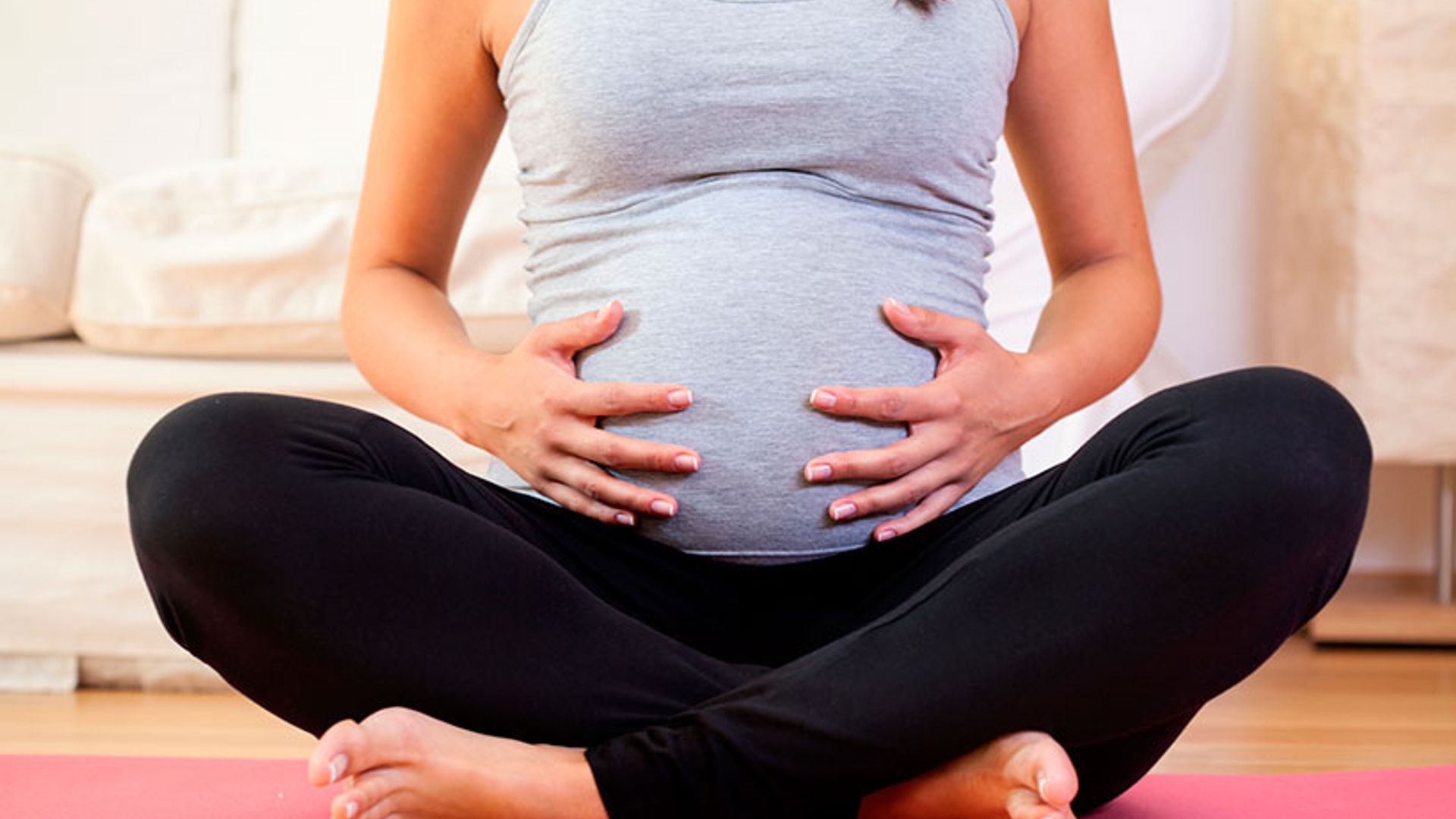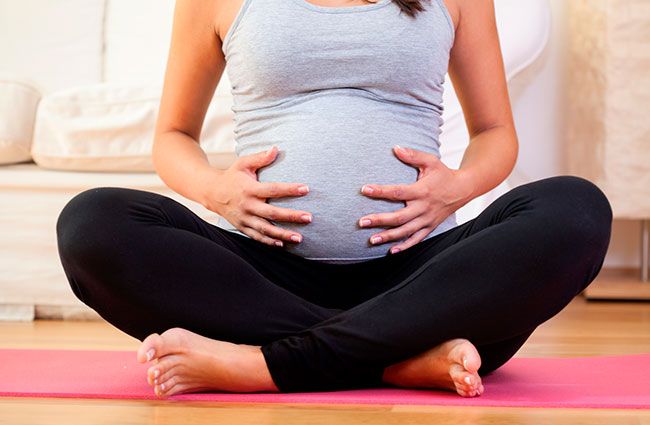A hit with celebrity mums Gisele Bündchen and Jessica Alba, hypnobirthing has now gone mainstream, with classes available on the NHS and many midwives learning the technique. But does it actually work? HELLO! beauty editor Nadine Baggott talks to the experts...
Every pregnant woman wants her labour to be as pain free as possible and for most expectant mothers that means opting for gas and air, pethidine or an epidural. But a growing number are putting mind over matter and using hypnotherapy to help alleviate the pain, stress and discomfort of childbirth. Gisele Bündchen is certainly a fan. Speaking about the birth of her first child, son Benjamin, in 2009, the model told a Brazilian TV show: "It wasn't painful, not even a little bit. The whole time, my head was so focused – every contraction, the baby is closer, the baby is closer. So it wasn't like, ‘Oh what pain.' It was, ‘With every contraction, he is getting closer to me.'"
Gisele opted for hypnobirthing over an epidural because, in her words: "I wanted to be conscious and present for what was happening. I didn't want to be anaesthetised. I wanted to feel."
She is not alone with that sentiment. Jessica Alba has spoken about using hypnobirthing techniques when having her daughters Honor and Haven in 2008 and 2011 respectively. Describing it as "guided meditation", she said: "I'm just concentrating on breathing and staying relaxed because it's when you get tense that makes the whole labour worse and more painful."
Angelina Jolie is also said to have tried the technique, as is the Duchess of Cambridge for the births of Prince George and Princess Charlotte.
Broader Reach
If you are tempted to try it, the good news is that in some areas the NHS has started to incorporate hypnobirthing into midwifery training as standard. Once the preserve of a privileged few, the move by NHS trusts in Colchester, Wolverhampton, Stevenage, the Highlands, Exeter, Gloucester, Walsall and Bury St Edmunds means the technique could soon be available to many more mums.
However, Gail Johnson of the Royal College of Midwives sounds a note of caution. "While this is a very positive move and [we welcome] anything that supports women to have the best experience of childbirth possible, it isn't going to necessarily roll out over the entire NHS," she says. "This is just a few trusts who are testing and trialling and developing this.
"That said, it offers a great opportunity to see if it really does benefit women in labour as I don't think there has been any clinical evidence of trials on the benefit of hypnobirthing; it is purely word of mouth and subjective opinion. Remember that what you are trying to measure is entirely subjective; women have different birth experiences and different pain and stress thresholds and there are some who use hypnobirthing who end up with medical complications. The key thing is that, at last, women who believe in hypnobirthing are being given a choice and that is always a good thing."
Personal Plans
It will certainly be welcomed by the seven out of ten expectant mums who now opt for customised labour and birth. In a survey of 1,500 women carried out by Netmums, 56 per cent said they would consider including one of the alternative birth techniques in their birth plan, including hypnobirthing. The My Birth, My Way survey also revealed that one in ten women now aspires to an unassisted birth, while one in five feels she should be able to request a Caesarean section for personal reasons, rather than only in cases of medical necessity.
The idea of hypnobirthing is to put women back in control of what is happening to their bodies during childbirth. They do this by mastering self-hypnosis, relaxation and breathing techniques learnt – along with their birthing partner – at specialist antenatal classes.
Reported benefits not only include lower pain levels, but speedier delivery, with less surgical intervention and less use of painkilling drugs and muscle relaxants.
"Hypnobirthing is not about being put into a trance," explains Gail. "It is all about learning strategies that help you through labour. But remember that if there is a medical complication in labour that puts the mother or baby at risk, hypnobirthing cannot stop that."
Historic ideas
You might assume that hypnobirthing is something new, but the ideas behind the technique date back to the 1940s. In 1942 Dr Grantly Dick-Read, the English obstetrician on whose principles the National Childbirth Trust (NCT) was founded, published his ground-breaking book Childbirth Without Fear (originally entitled Revelation of Childbirth).
An advocate of natural childbirth, he believed that the fear felt by a woman during childbirth had a direct impact on the amount of pain she experienced. He theorised that the negative emotions caused blood to be filtered away from the uterus, which, as a result, was left without oxygen and could not perform its function efficiently or without pain.
Leading US hypnotherapist Marie Mongan later took this theory and created an antenatal education programme based on self-hypnosis, the aim of which was maximum relaxation during labour and delivery.
These days, classes are available up and down the UK. Privately, they usually replace the standard antenatal birthing classes but within the NHS the two will sit side by side. At present there are no rules as to whether this will be available free of charge or if parents-to-be will have to pay at least some of the cost.
Classes are held either for individual couples or small groups, with three sessions over three weeks, or two sessions over two weekends. Participants are also given homework and CDs to help them break the fear, tension and associated pain that hypnotherapists and many midwives believe blight many women's experience of childbirth.
For more information, visit hypnobirthing.co.uk. For details of the hypnobirthing course accredited by the Royal College of Midwives, visit kghypnobirthing.com.











